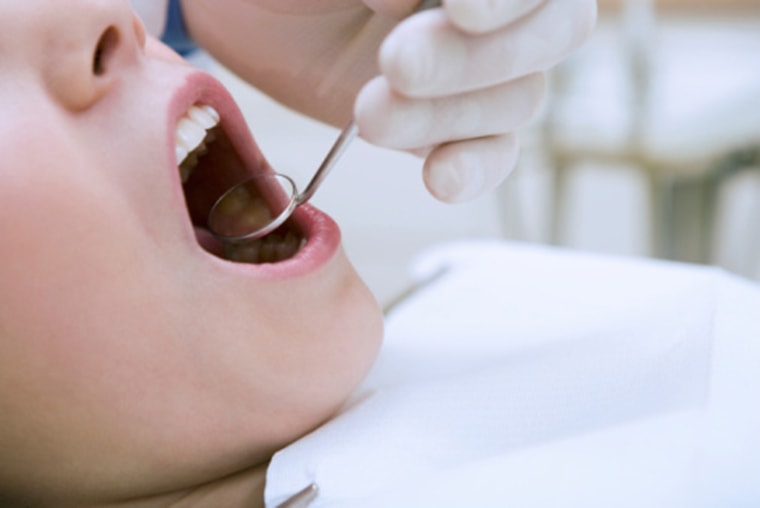Teens and young adults who get their first opioid prescription at the dentist –often when having their wisdom teeth out — are more likely to come back for more of the painkillers, researchers reported Monday.
They found that nearly 7 percent of teens and young adults who got an opioid for the first time at the dentist’s office went on to take more of the drugs, and more than 5 percent went on to abuse opioids.
Many of these patients were having wisdom teeth out, the researchers reported in the Journal of the American Medical Association’s JAMA Internal Medicine.
“This work raises two really important related but separate questions: Do we need opioids, and do we need the procedure?” asked Dr. Alan Schroeder, a clinical professor of pediatrics at Stanford University’s medical school, who led the study team.
The researchers went through medical records for more than 750,000 people with private health insurance in 2015. They looked for opioid prescriptions given to people aged 16 to 25. More than 97,000 of those 750,000 people got an opioid prescription in 2015, or 13 percent of them.
And 30 percent of those who got opioids got the prescription from a dentist, Schroeder’s team reported.
Of the teens and young adults who got an opioid prescription from a dentist for the first time in 2015, just under 7 percent went on to get a second prescription within the next year. Almost none of those who had not received an opioid prescription ever got one later that year.
“Almost 7 percent of these patients had new, persistent use at least three months after the initial prescription and almost 6 percent had an opioid abuse diagnosis,” Schroeder said. “That’s pretty alarming.”
The researchers did not speak to the patients, so it’s not clear why they got a second prescription. But only about a quarter got that second prescription from a dentist. Most got their painkillers from either an unknown physician type, the emergency room or an orthopedic surgeon.
“The findings suggest that dental opioid prescriptions, which may be driven by third molar extractions in this age group, may be associated with subsequent opioid use and opioid abuse,” the researchers wrote.
The U.S. is suffering through a terrible epidemic of opioid overuse. The Centers for Disease Control and Prevention reported last month that 70,000 people died from drug overdoses in 2017, most of them from accidental opioid overdoses. So many are dying young that it has driven down the U.S. average life expectancy for two years in a row.
The CDC and the Food and Drug Administration are working to encourage doctors to prescribe something other than opioids for pain.
The dental schools at Tufts University, Boston University and Harvard have been working together to educate dentists about the risks of prescribing opioids. Dentists training at the schools are taught to screen patients for the risk of becoming addicted to opioids and to talk to patients about the risks of taking them.




